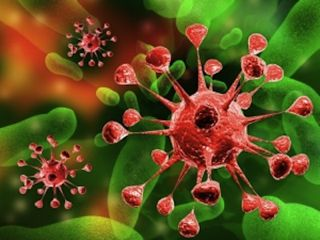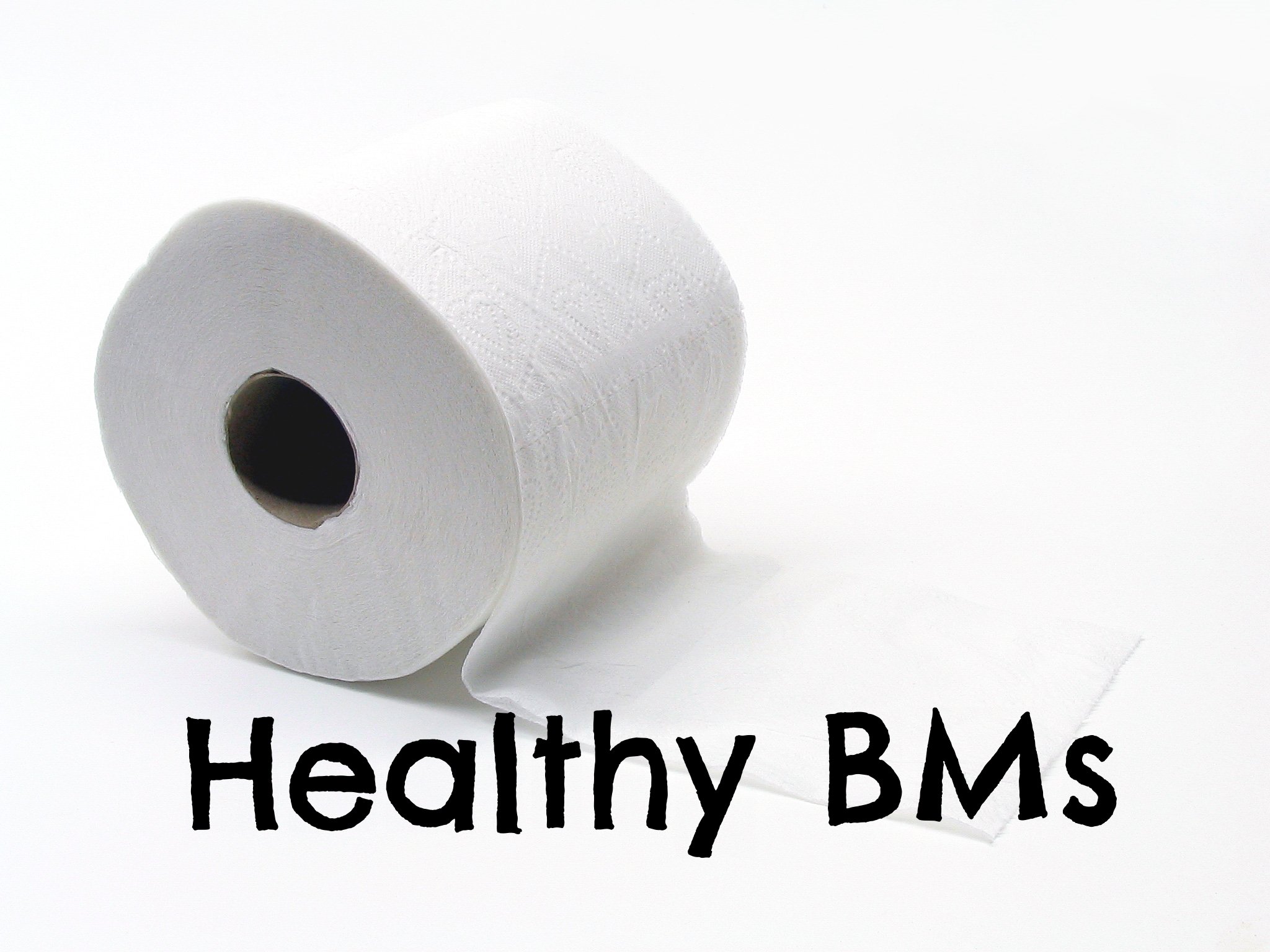
Candida Symptoms And Treatment

Many people have heard of yeast infections, and maybe even something called Candida Albicans. Candida Albicans is a type of yeast that lives in our digestive tract. We actually have many types of bacteria like the yeast living in our intestines making up what is called the gut flora. In fact, we have more bacteria living in our gut than we have cells in our body. The average human carries from 3 - 5 pounds of bacteria in the gut.
Why all these bacteria? The healthy flora in our gut serves several important purposes. For one, they make vitamins that we need like Vitamin K, B Vitamins and amino acids. These nutrients are important for overall health. Essential gut bacteria also plays a critical role in our immune system by eliminating pathogens that could make us sick. Healthy gut bacteria helps to control the overgrowth of opportunistic (or bad) bacteria.
There should be a healthy balance of intestinal bacteria in our digestive tract. We will always have some good bacteria and some bad. However, our gut flora can get out of balance and the opportunistic bacteria or yeast can become too prolific. This can lead to illness and make us feel generally not well. This condition is known as gut dysbiosis.
The most common opportunistic microbe in our intestines is Candida Albicans. But there are many more including parasites, fungi and viruses. When these not-so-friendly bugs in the digestive system start to overgrow, one can experience skin conditions, digestive issues, joint problems, difficulty with vision, and many other symptoms that can often leave doctors and patients confused.
Common reasons for dysbiosis include:
- overuse of antibiotics
- a diet high in sugar
- food poisoning
- overuse of antacids
- infection from foreign travel
Dysbiosis in the gut will usually be accompanied by Leaky Gut Syndrome. It is not clear which one causes the other, but they often come hand in hand. Healing the gut with a Gut Repair Program will usually do the trick by healing the lining of the digestive tract and getting the healthy gut flora balance back to where it should be. Including high quality probiotics and fermented foods and beverages in your diet will also help prevent dysbiosis from occurring.


